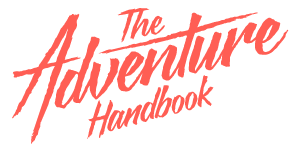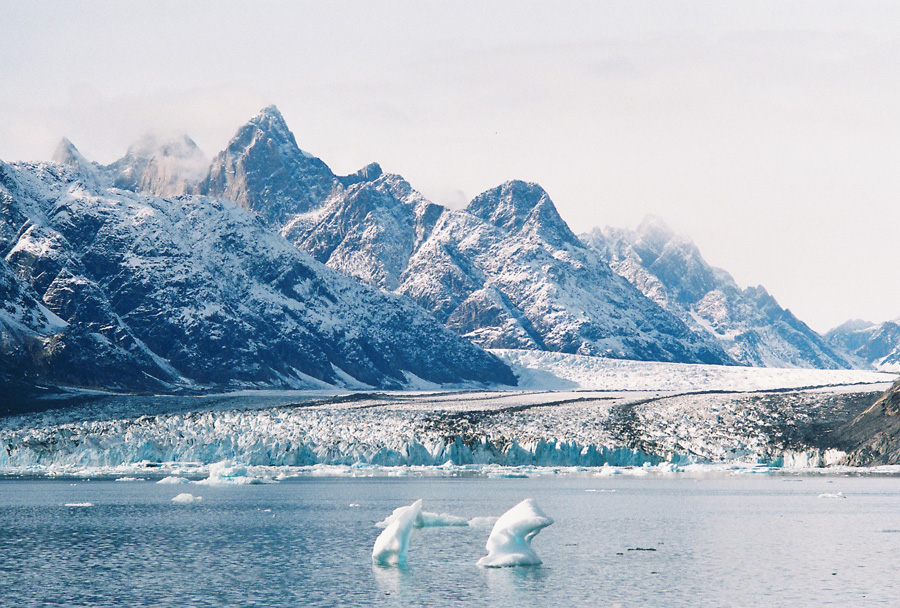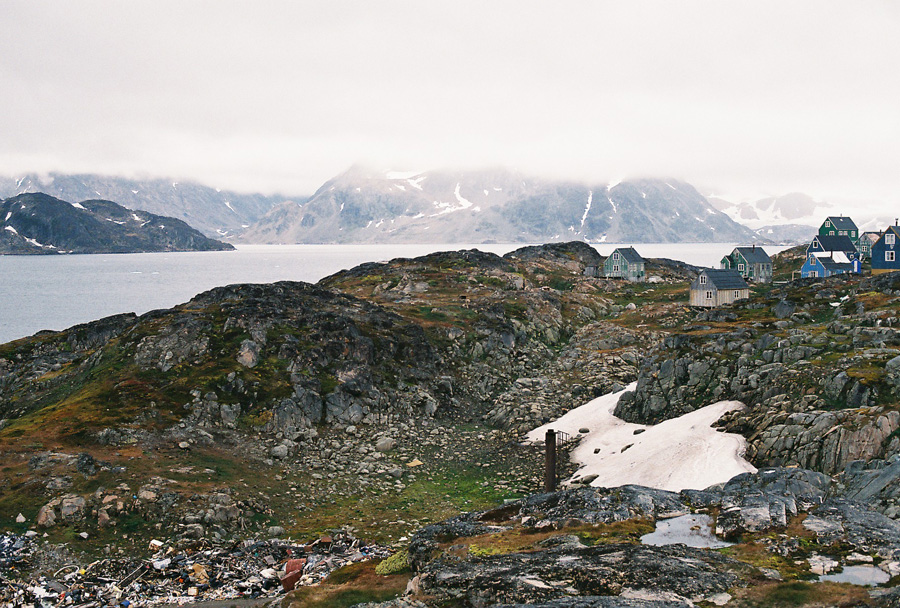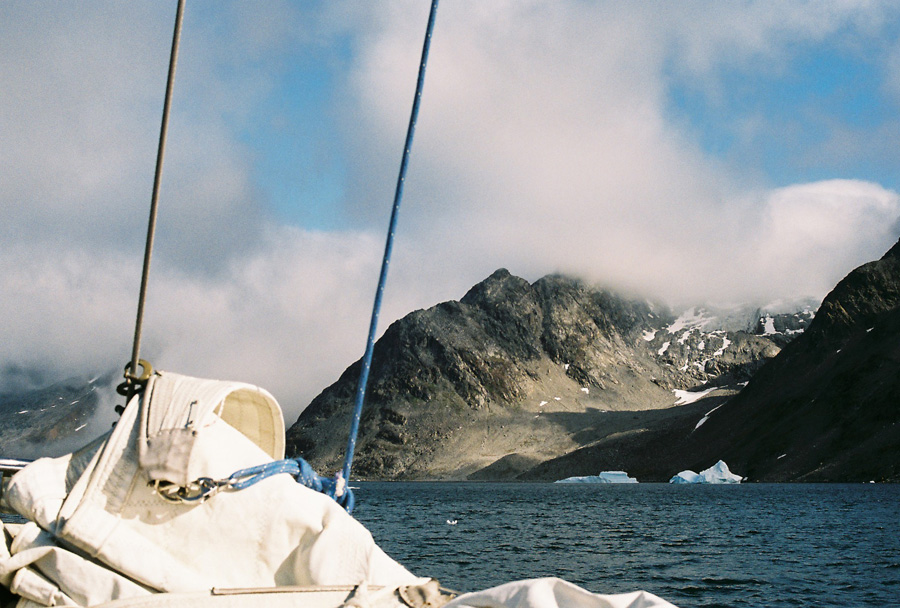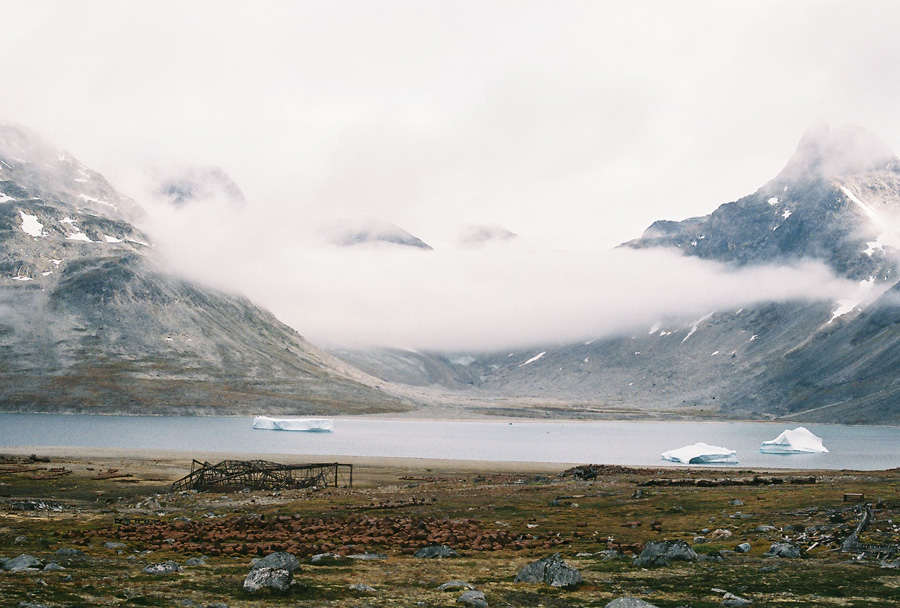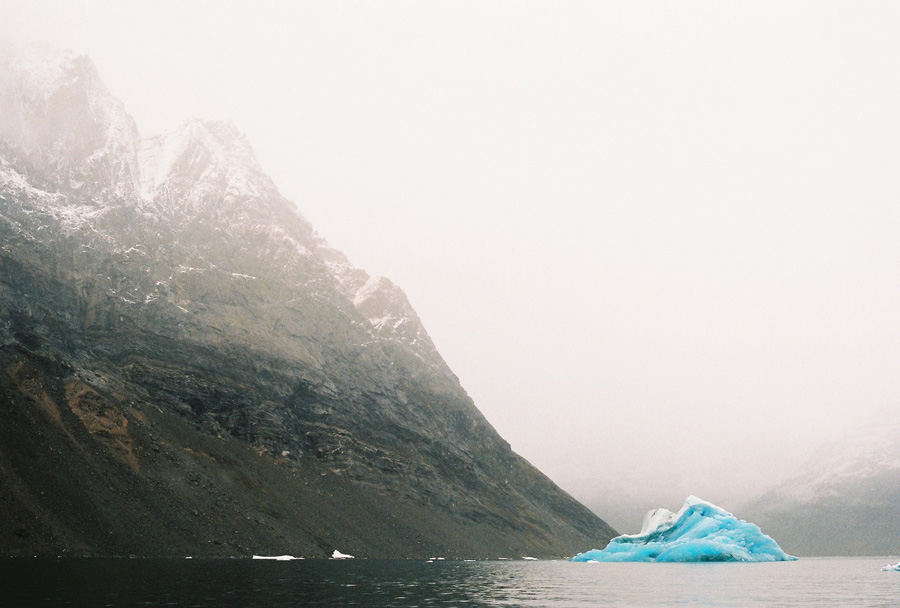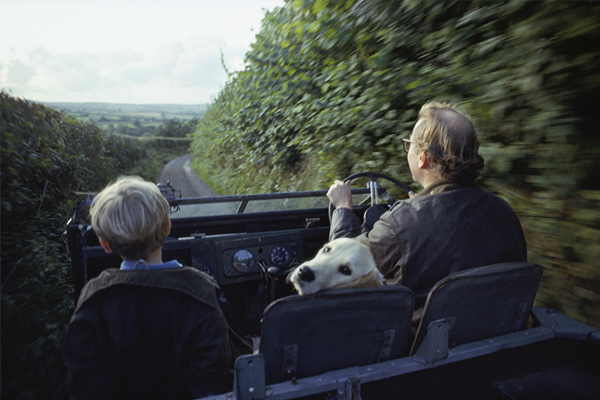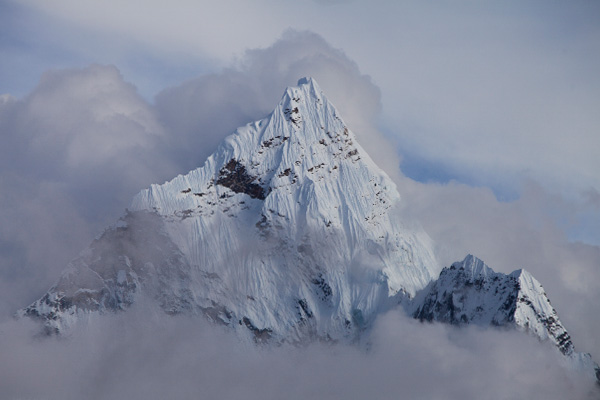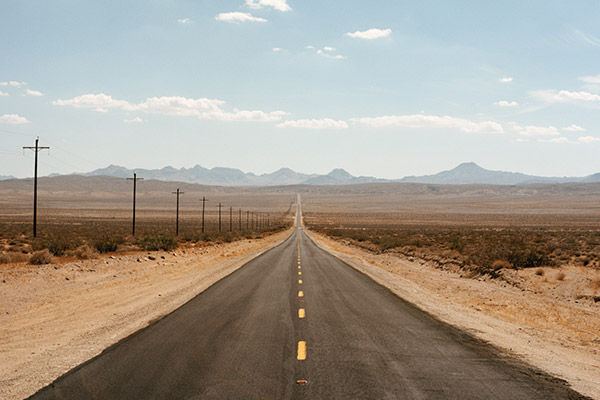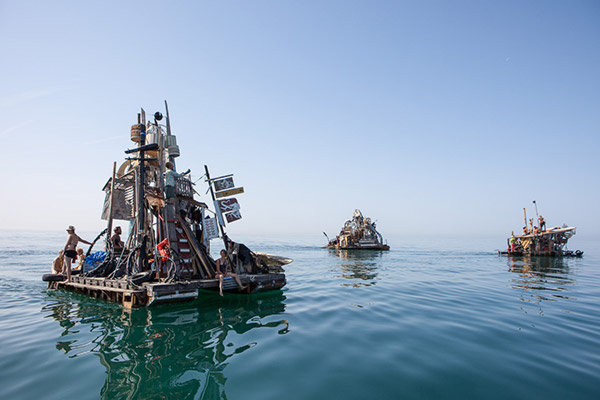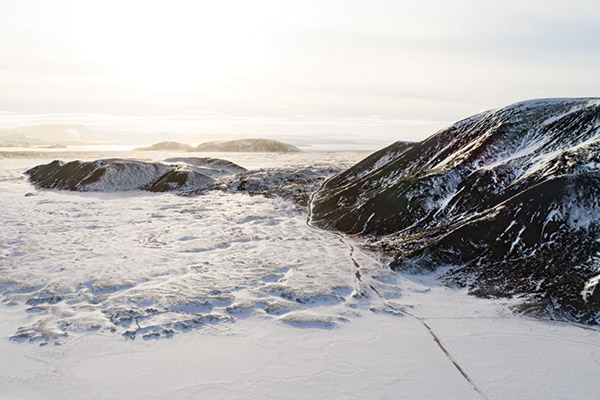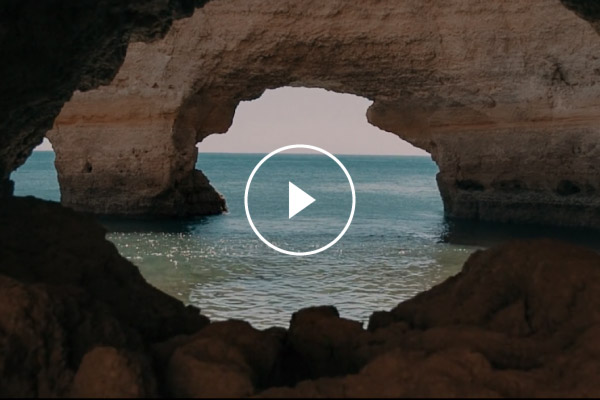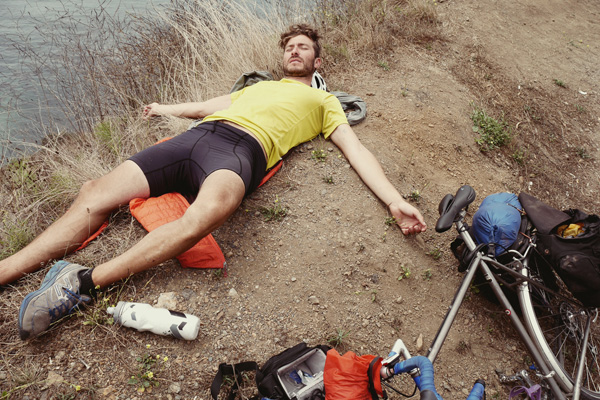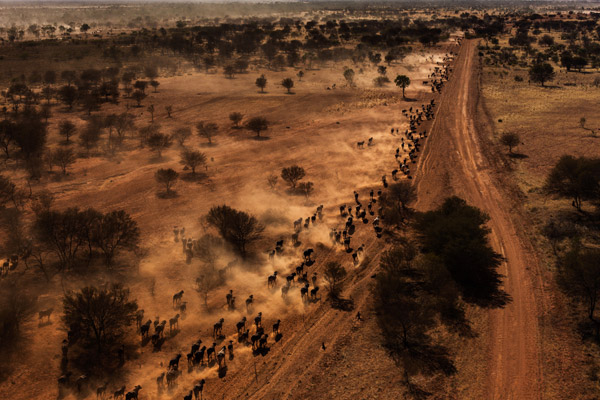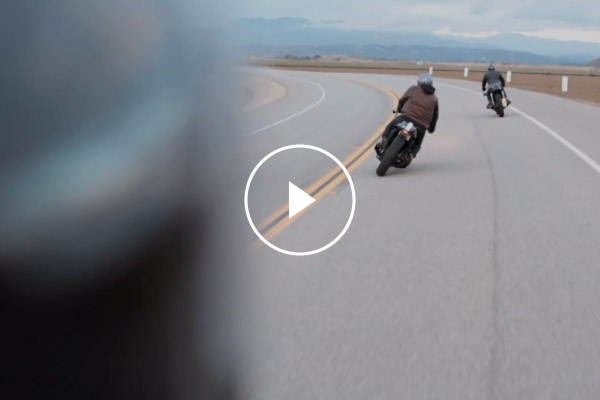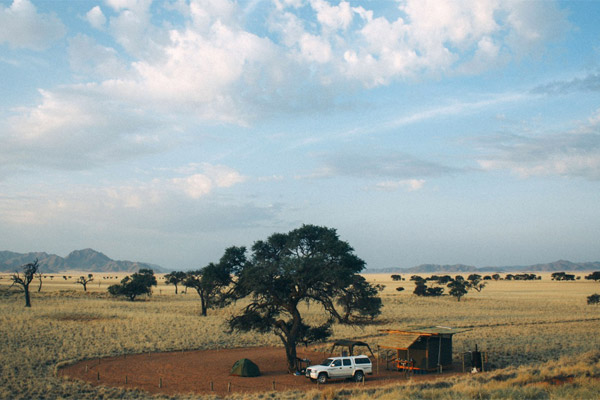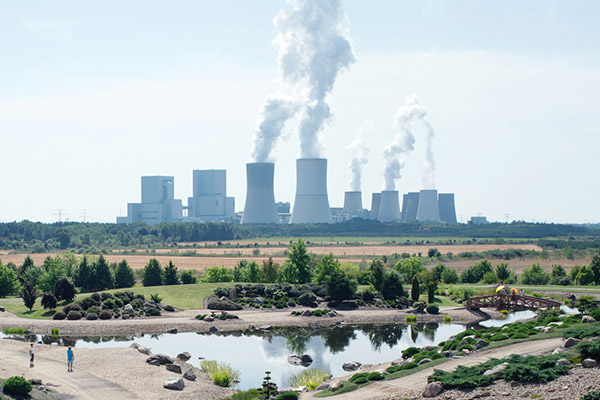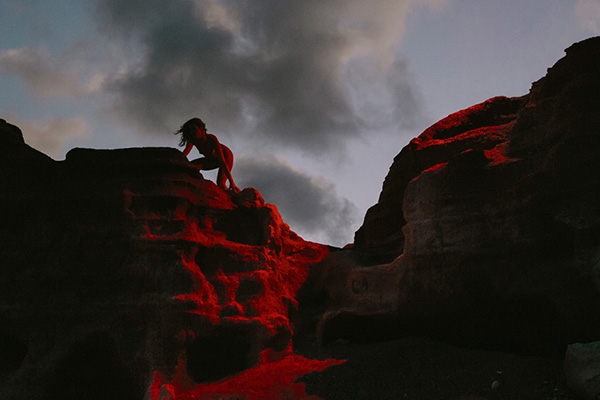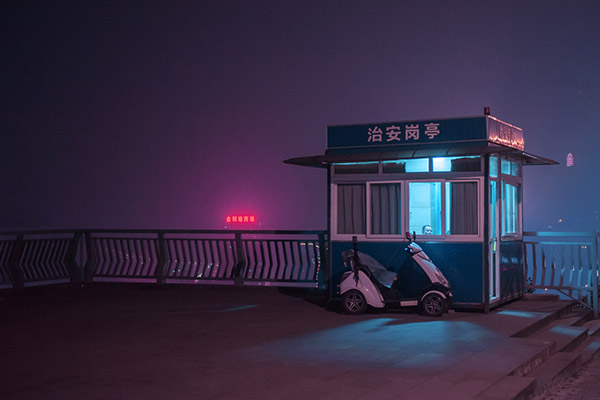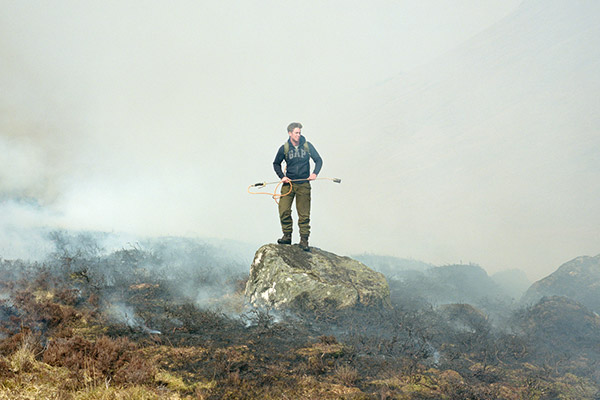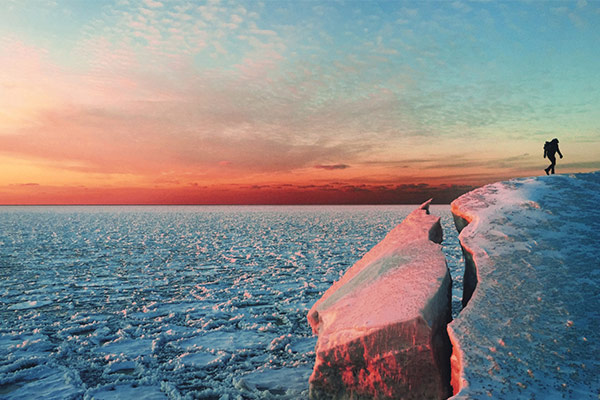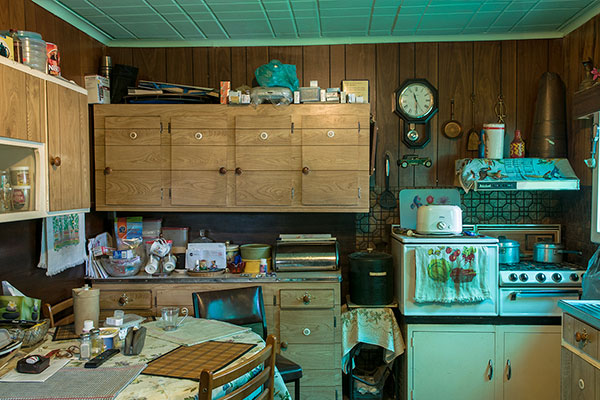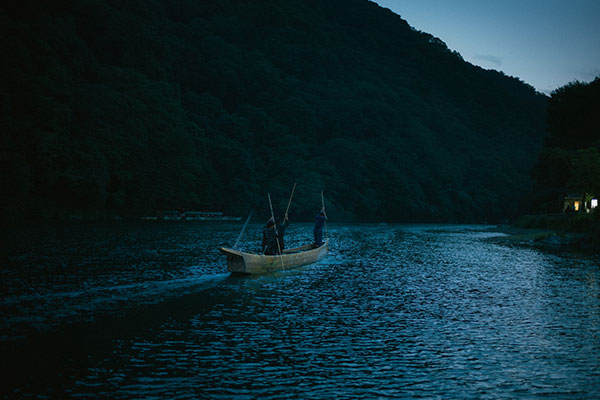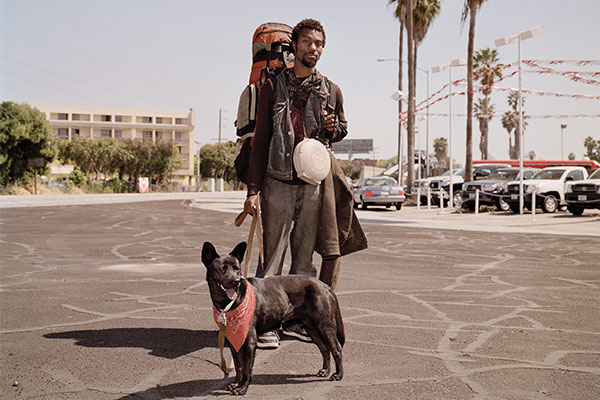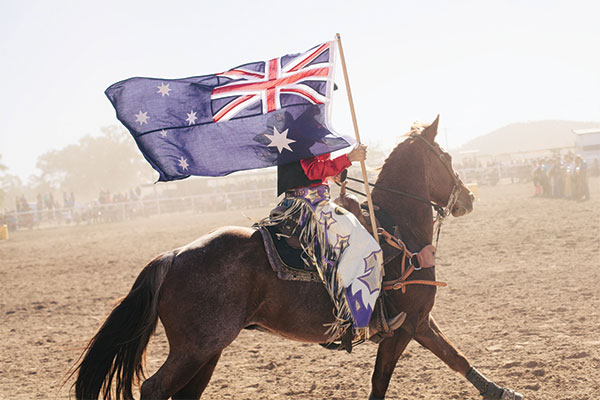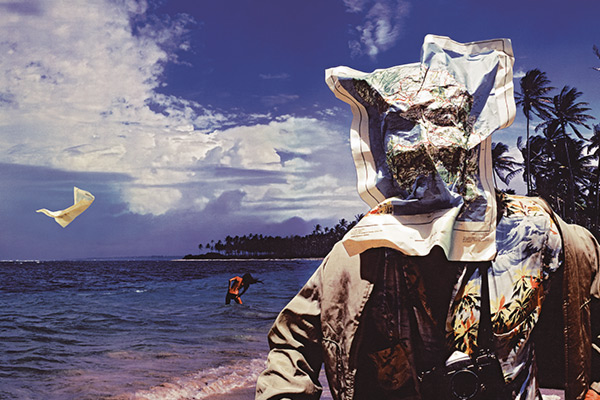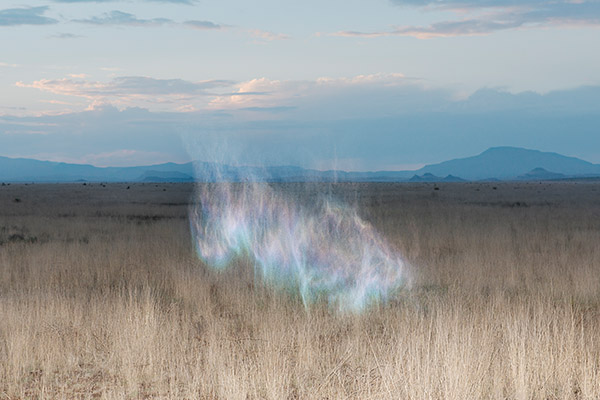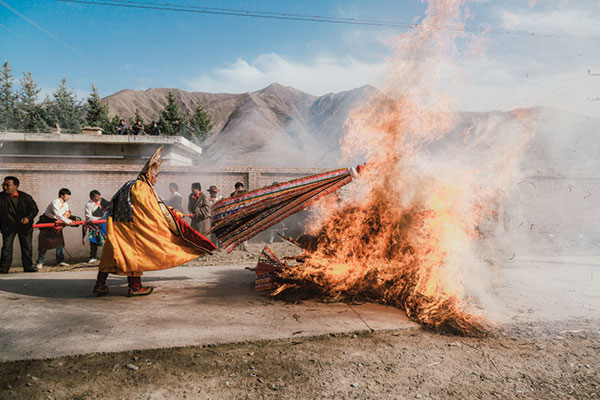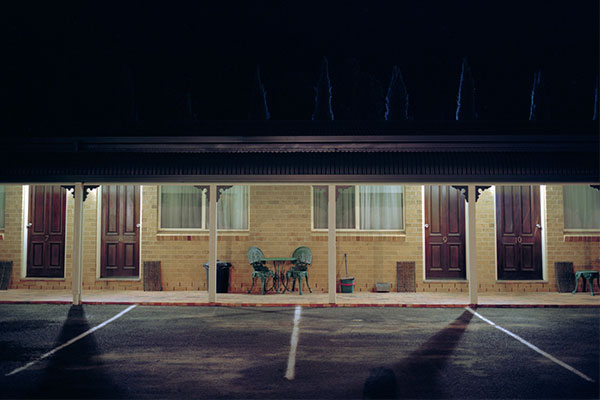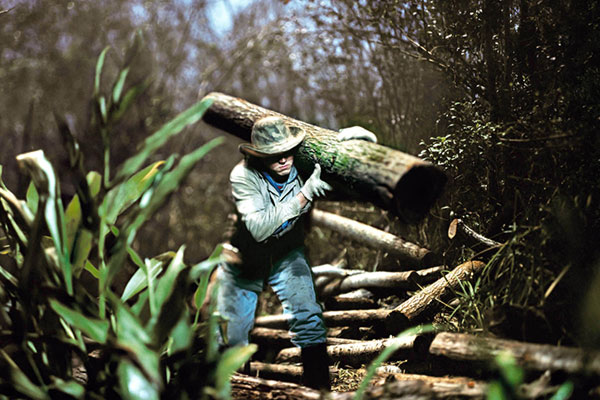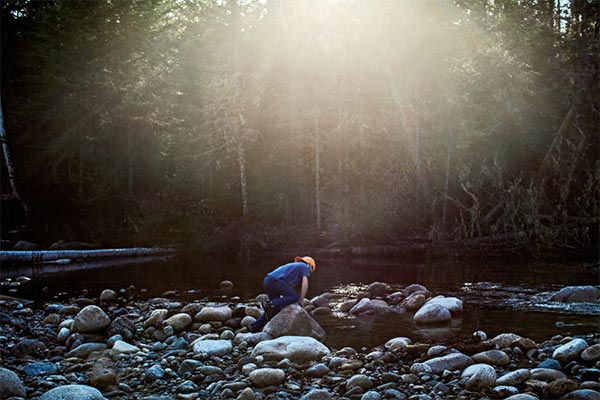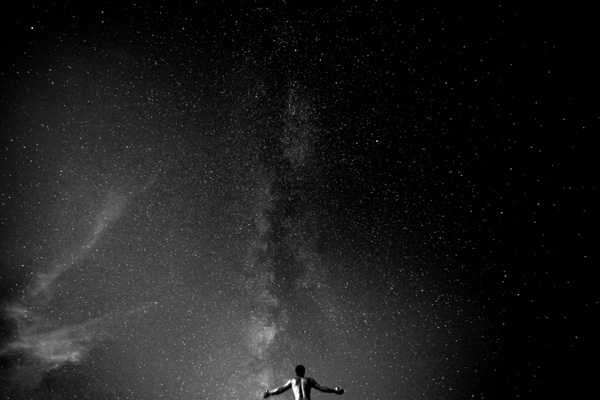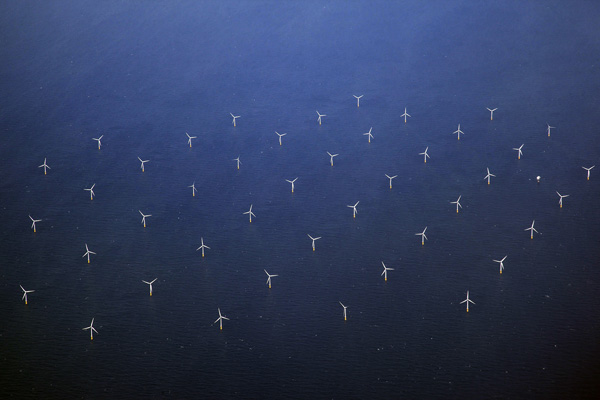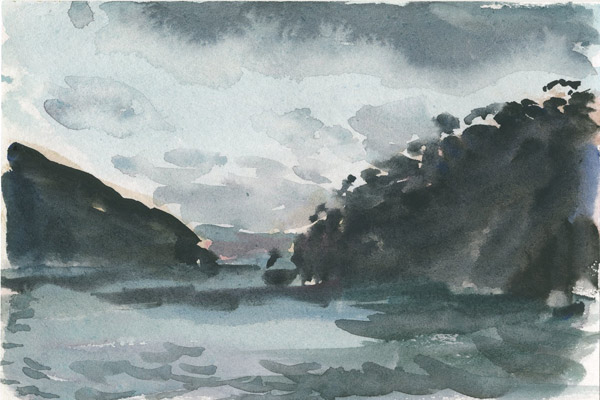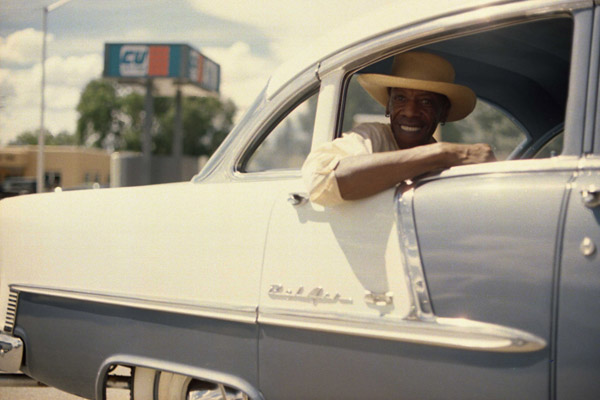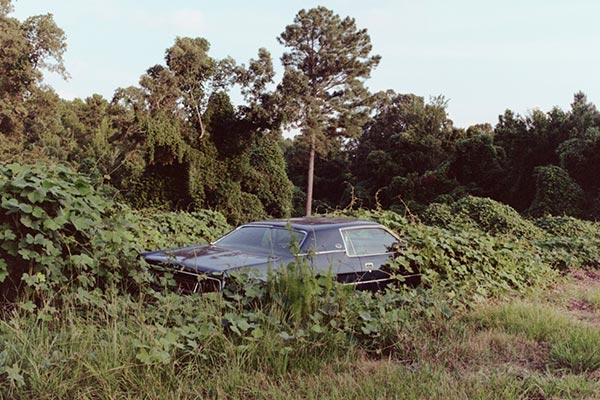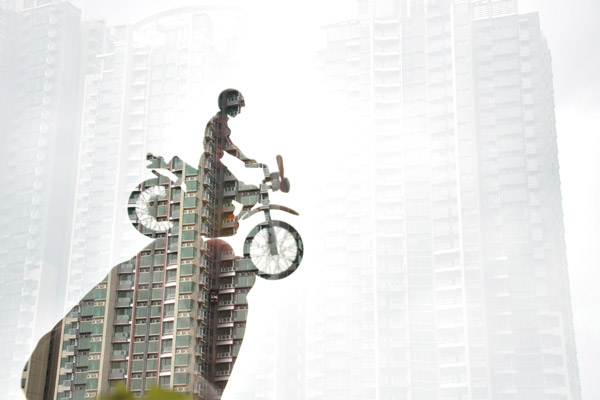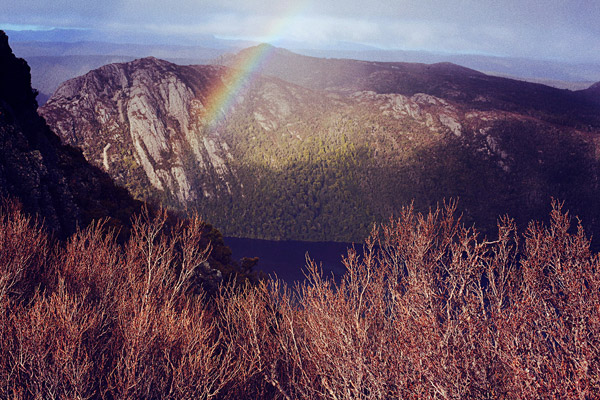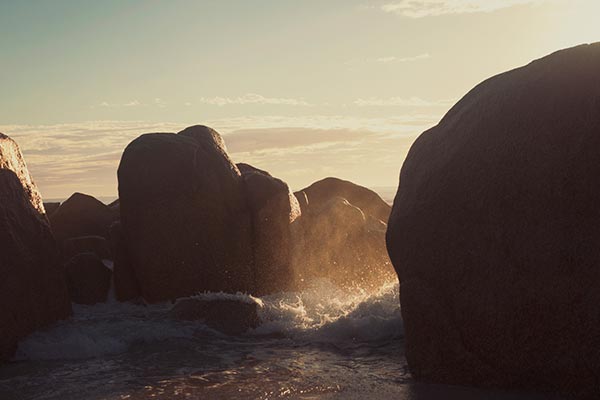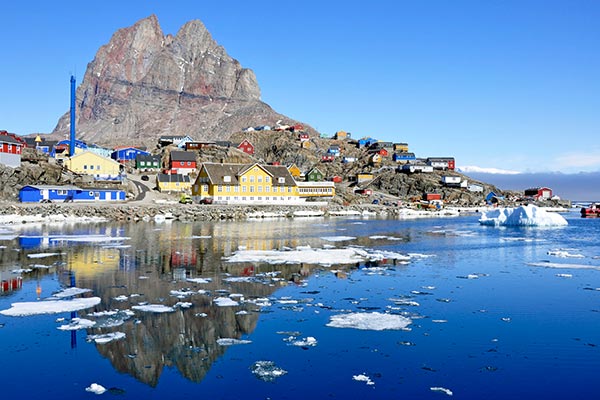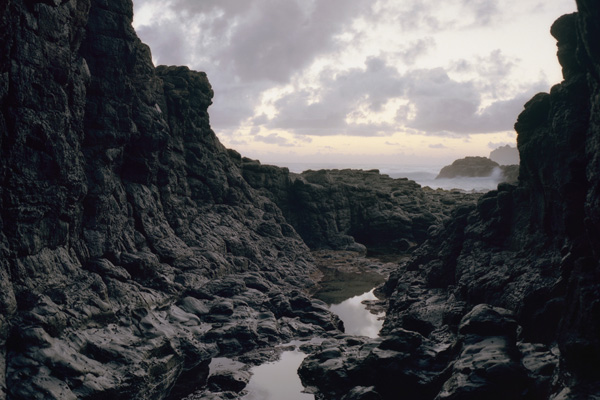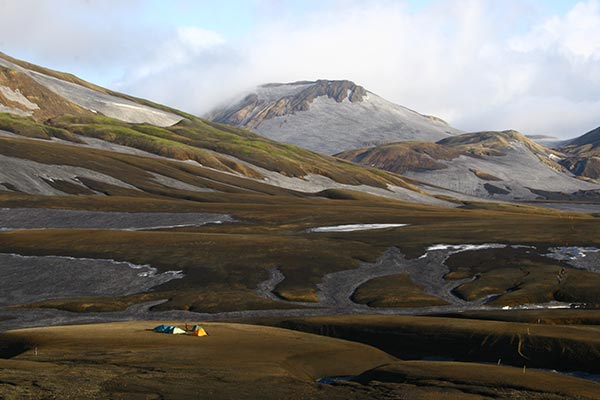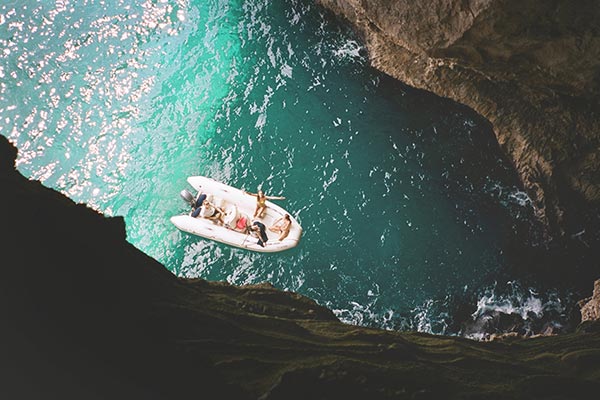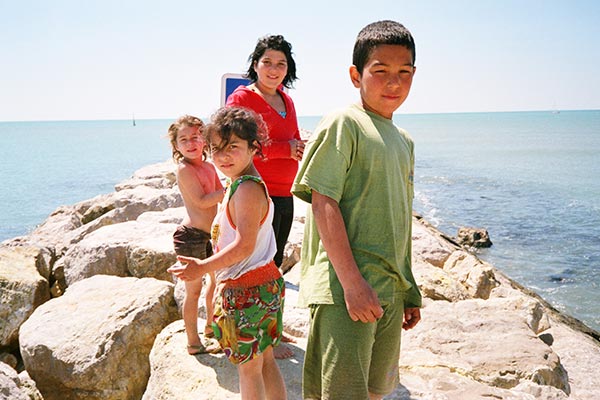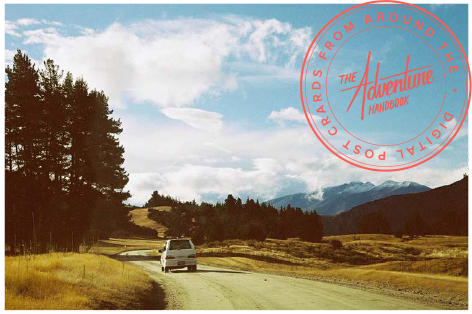James Aiken is the filmmaker to create Home Ground. It’s meditative journey between Iceland and Greenland will make you shiver; in awe, in the freezing temperatures and quiet mystery of these waters. The documentary passes a whisker from icy giants and between the perspectives of James’ lens and the personal lives of two sailors.
We wanted to know where, why and how Home Ground came to be.
AHB: First of all, you’re from the U.K, is that where you are usually and right now? What’s your ‘home ground’?
James Aiken: My original ‘Home Ground’ is the south coast of Dorset, a blend of rural England and gentle seaside but at the moment I would not really say I have one particular home. I base myself out of London but I’m away, either with work or pleasure, for half the time and that’s the way I’d like it to be, at least for a few more years. London is an amazing place to develop your working life but I find the environment unfulfilling so it’s important to me to regularly escape and find some big vistas.
How long have you been making films?
I first started traveling with a video camera almost ten years ago. I had shot a lot of 35mm photography before that, but when I started to really travel on longer trips once I finished school I felt that video more suited the way that I wanted to tell the stories.
How about your interest in anthropology.. Do you research a lot before you begin a project, or intuit the process and people you involve as you go?
I think a lot of mainstream documentaries begin with a topic, and shoot the footage to justify that point of view. I try to approach these trips and films with an open mind as to what I might find. I think its really important to spend time with the people, and let them tell you about what they would like to tell you before filming them or attempting to interview them. I think if you do this you allow their thoughts to guide the film’s narrative.
I try to approach these trips and films with an open mind as to what I might find. I think its really important to spend time with the people, and let them tell you about what they would like to tell you before filming them or attempting to interview them.
What might draw you to these tucked away cold corners of the world?
I’ve always been hugely inspired by the Scottish landscape, and I always feel a certain release when I cross the border. I think it’s the vastness and the volatility that make it a place to really contemplate the important things. The blend of wild mountains close to incredible surf mean that you can experience a cross section of both worlds in a short time. Once I had realised that these were the places I loved to be, I began looking for more exaggerated versions like Iceland and Greenland.
These landscapes captured are overwhelmingly beautiful. What feelings or thoughts do you have experiencing them in real life?
I don’t like to use the world ‘spiritual’ for fear of being written off as wafty, but there definitely is something in these places that gives perspective and a sense of place within a bigger picture.
How did you meet Siggi and Dines, your Greenlandic and Icelandic interviewees in the film?
I first met Siggi in his home town Ísafjörður. I had just returned from a surf trip across a glacier into a fairly remote area, and he was interested in how we had got on. He actually invited us round and cooked traditional Icelandic puffin which was pretty epic. Once he had mentioned the boat and the trips he does I offered to crew and it all started there.
I don’t like to use the world ‘spiritual’ for fear of being written off as wafty, but there definitely is something in these places that gives perspective and a sense of place within a bigger picture.
The selected moments of interviews from Siggi and Dines are quite concise, eloquent but direct, at pace with the film. How long did you spend speaking to them about their lives?
The interviews were maybe half an hour long each, but I shot them after spending as much time with each person as possible so I had an idea of what direction they might go. I tried to visualise how the two stories might be interwoven beforehand and talk about topics that they would feel natural discussing and give honest yet emotive answers to.

What kind of weather did you experience, the best and worst of it?
The hardest times because of cold were late at night but they were also the most rewarding. That feeling of isolation and vulnerability, being on deck in the Greenland Straights at 3AM straining to see the small icebergs that the radar doesn’t pick up is one of my favourite memories but not particularly fun in the moment.
That feeling of isolation and vulnerability, being on deck in the Greenland Straights at 3AM straining to see the small icebergs that the radar doesn’t pick up is one of my favourite memories but not particularly fun in the moment.
What do you think is one moment, visual or otherwise, captured on film or otherwise, that will most stay with you from this experience?
One vivid memory was being very close to a rolling iceberg. I had heard a lot from Siggi about how unstable the ice can be, and how as the ice melts its centre of gravity can shift quite abruptly and cause them to flip. I was in a small tender hanging over the side filming the droplets falling into the sea that actually appears in the film. I had the camera in one hand and was holding the base of the ice with the other and it suddenly started to roll, luckily away from me. I managed to start the outboard engine first time and be clear for the final part of the rotation but it was an incredible spectacle. Like watching a small building up-end in a matter of seconds.
Back to the colder climes again? Where to for your next project?
The response to my first two anthropological films has been great, and there seems to be an interest in more of a feature length version so this year that’s my main goal. I had never fully planned either of these films but I do think they embody how I actually feel about these places and experiences. I think pushing them in production value and duration would be the natural progression and something that I feel I have to get off my chest!
Interview by Emilia @ AHB, Images by James Aiken
Receive a postcard from us sign up

